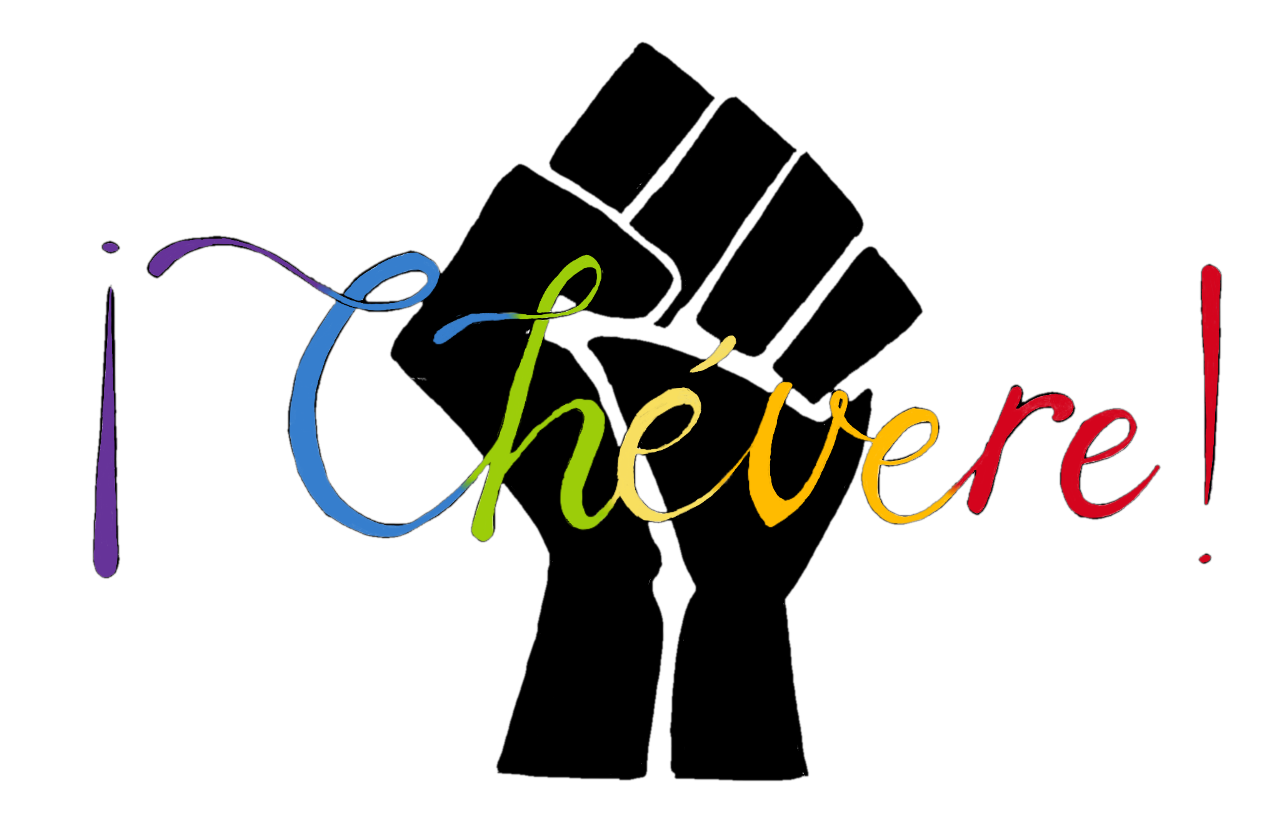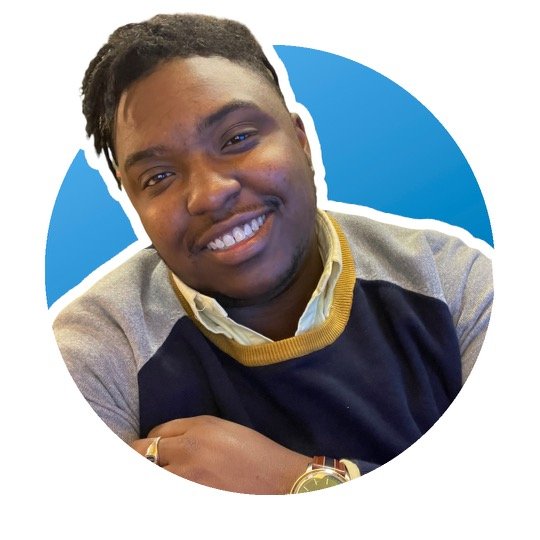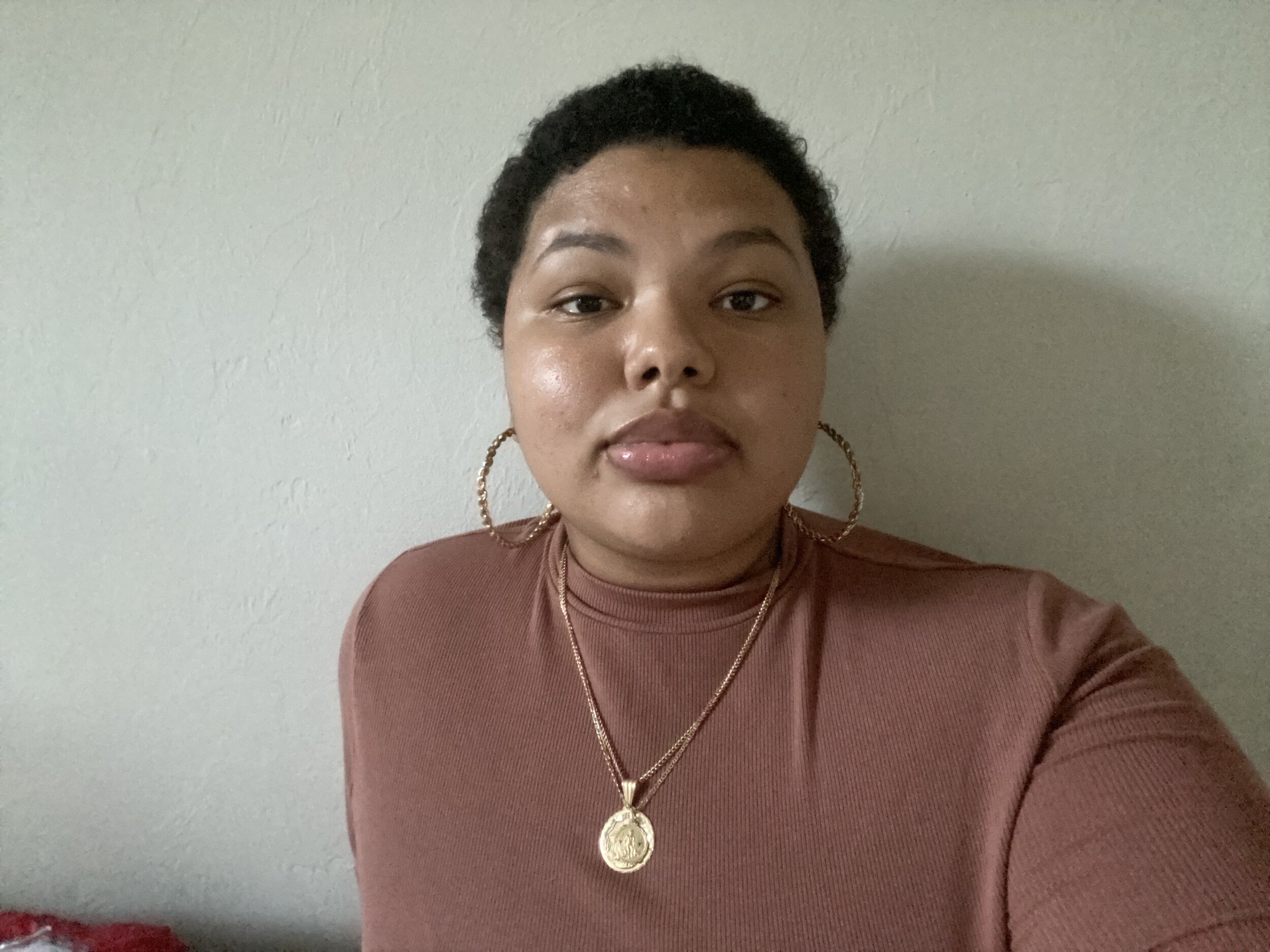Meet the Graduate Students
Gabriel Lockett
Graduate Student, he/him/his
Hello everybody, my name is Gabriel Lockett. I identify as a queer African American Transman. I am a Ph.D. student at the University of Florida. I am super excited to be a part of CHEVERE lab!! My passion in life is to help others. I believe my purpose is to make this space we exist in better than it met us. My research interests are centered on the psychological wellness of QT Black, Indigenous, People of Color. I am passionate about heling others and strive to translate research to be applicable to making this life a better place. To me collective healing is embodying the concept that our experiences are bigger than our individuality. I enjoy photography, making music with my friends, laughing a lot, and anything about outer space.
Jules Sostre
graduate student, they/them/theirs or she/her/hers
Hey everyone, you can call me Jules! I am a Doctoral student at the University of Florida’s Counseling Psychology Program. I identify as a pansexual, gender-fluid, Latinx, Boricua, and a first-generation college student. I am very grateful to be a part of the Chévere collective where I can engage in scholar-activism to promote the liberation and wellness of marginalized communities. I am devoted to continue working and advocating for Queer and/or Trans Communities of Color throughout my life. Collective healing means empowering and supporting my community, my family, and myself to overcome and heal from all types of trauma and oppressive systems encountered daily.
Jeannette Mejia
graduate student, she/her/hers
Jeannette Mejia experiences power, privilege and oppression as a Black Dominican-American cisgender woman from Lawrence, MA who is light, straight, fat and working class. She’s a first-gen college student with a B.A in Psychology, an M.S in Critical Ethnic Studies from UMass Boston, and is a fifth year doc student in Counseling Psychology at UF. She is committed to working toward the liberation of all Black people. She aims to apply Black feminist/intersectional approaches to facilitate healing and survival from intersecting systems of oppression with Black and Brown communities with deep love and gratitude for her communities, ancestors, and family.
Garrett Ross
graduate student, he/him/his
As a Black Korean with US citizenship, who is upper middle class, 2.5 generation, and a queer, cisgender man who is light and thin, Garrett recognizes how his simultaneous privilege and oppression of his positionality influences how he moves and what moves him. As a fifth year counseling psychology doctoral student at the University of Florida, Garrett’s investment in his niece’s future (and the futures of all Black people) is ultimately what grounds his work and commitment to Black liberation. He acknowledges that he is very much in the midst of his own journey of unlearning, and that he allows space for future shifts in his own understanding. Broadly, his work focuses on dismantling personal, relational, and collective conditions that preclude Black people from being able to just "be." Under this umbrella, he explores accountability that centers Black liberation, and how anti-Black violence creates conditions that impact how Black people practice this personally and relationally. His clinical work seeks to be trauma informed and utilizes an integrated approach of Black feminist and liberation psychology principles.
Koree S. Badio
graduate student, she/her/hers
Koree S. Badio is a 4th year Counseling Psychology PhD student at the University of Florida. Born in Atlanta, GA and raised in an ethnically diverse Black immigrant household, Koree is passionate about developing translational and culturally-affirming healing interventions that engender psychological, spiritual, and political wellness for Black people across the Diaspora. Specifically, Koree’s research interests explore (1) the personal, relational, and collective consequences of interlocking systems of oppression (e.g., ethno-racial trauma, political violence, and gendered-racism) (2) intergenerational strengths transmitted and upheld within Black families & across the Black Diaspora and (3) culturally-affirming, interdisciplinary, and community-based healing interventions that resist oppression and engender restorative wellness.
Julio A. Martin
Graduate Student, he/him/his
Hello! My name is Julio, and I’m a doctoral student at the University of Florida Counseling Psychology program. I identify as a cis-gender, queer, first-generation Latino Cuban-American man. I’m thrilled to be part of the Chévere collective, where I examine the role of cultural values in the parenting practices of Latinx LGBTQ+ families. Overall, I’m interested in studying parenting practices of Latinx LGBTQ+ families that inform strength-based approaches.
Teresa Vazquez
Graduate Student, she/her/ella
Teresa is a second-year Counseling Psychology PhD student at the University of Florida. Born and raised in Miami, Florida, Teresa is deeply influenced by her Cuban-American background. She earned her bachelor's degree in Community and Applied Psychological Studies from the University of Miami, where she developed a passion for enacting change through community engagement. Teresa's research interests revolve around understanding the intricacies of BIPOC and LGBTQ+ family relationships and identifying ways to support and strengthen family connections. Additionally, she is passionate about developing culturally tailored therapeutic interventions and working towards systemic change through community-based research.
Rodrigo Costa
Graduate Student, he/him/his
Hey! My name is Rodrigo Costa, I am originally from Portugal, and I am very excited to be a part of the ¡Chévere! lab as a 1st year doctoral student in the Counseling Psychology program at UF! As a gay man who had the privilege to be raised in a caring and accepting household, I soon learnt about the systemic oppression and discrimination that many social groups - namely gender, sexual, and ethnic minorities - face on a daily basis. My research interests involve examining the experiences of historically marginalized individuals and communities, including how they navigate their social environments - particularly their family contexts - how some of them are able to thrive and resist systemic oppression, and how bias and stigma impacts their mental health. With this research, guided by core counseling psychology values such as social justice, resilience, and resistance, I hope to inform evidence-based interventions that are intersectional, identity-affirming, person-centered, and strengths-based to improve the mental health of stigmatized groups.








